We all know that horses are prey in the wild. Because of this, horses can be naturally untrusting or skittish. Oddly enough, cats are the same way even though they are predators. Just as any other animal does, horses rely on their five senses to help them navigate the world. How much would you say you know about horse senses? Keep reading to find out some interesting facts that might have you looking at your equine friends in a whole new light.
An Overview of the Five Horse Senses And How They Relate To Equine Behavior...
How Horses Hear
For millions of years, horses have sustained life in the wild. Your horse's hearing is profound, as it's a necessary tool for its survival. And because horses' hearing functions so well, it gives them a head start on predators.
Your horse's sense of hearing is superior to yours, and horses are gifted with mobile hearing. Just like your cat that ignores you with those ears that turn 180 degrees, your horse friend uses the 10 muscles in its ears to turn its ears toward the slightest sounds of impending danger.
But although your horse's sense of hearing can detect higher frequencies than we can, a horse's ability to localize brief high frequency sounds is restricted. So, your horse has the ability to detect the frequency of a bat which is inaudible to a human, but your horse won't be able to tell exactly which direction it's coming from.
And that conical shape of your horse's ears? It grants them with the ability to hear even the softest sounds. Sort of like those antique gramophones you see.
Fun horse hearing fact: Your equine friend has the ability to detect sounds up to 4 km away. That's equivalent to 2.48 miles!
How Horses See
Did you know that horses have the largest eyes of any land mammal? But don't let the size fool you into thinking that they have the best eyesight. While horses are able to see things farther away more clearly, their vision of up-close objects is quite blurry.
Since your equine friend is a prey animal, it has the ability to see a 360-degree view of the world due to the positioning of its eyes on either side of the head.
Every horse has a blind spot at the base of their tail, so keep that in mind should you be thinking to touch them there or sneak up behind them. Horses also have a blind spot just below their nose. Your horse uses binocular vision to view the world, although it's nowhere near as clear in comparison to the way humans see the world.
Additionally, your horse has what is referred to as monocular vision. This means that your horse can switch its vision to see two images of the same thing. Horses will adjust the vision in relation to their situations.
For example, if horses are relaxed and grazing, they will adapt to their binocular vision. Should something trigger their senses, they can quickly switch to monocular vision to detect danger around them. A horse's sense of sight might not be their strongest, but it is certainly the most valuable to them in terms of survival.
Want to learn more about how your horse sees the world? Check out our article on it here!
How Horses Smell
Our equine friends have a much better sense of smell than we humans do. They rely on their highly distinguished sense of smell to carefully detect the world around them. Your horse will use its large and flexible nostrils to flare smells in and out. And that long face of theirs equals a lengthy nose cavity.
And—again like cats—horses can produce the Flehmen Response. Their heightened sense of smell is one of the reasons why horses show their teeth. The curling back of the upper lip (and often pulling the head back at the same time) helps activate an organ that allows horses to sense chemicals in the air, particularly pheromones.
When foals are born into this world, the mare will immediately groom him/her to learn its unique smell. This allows the mare to form a tight bond with their young, and the smell gives them the ability to decipher them compared to other horses in the herd. Horses often will touch noses when meeting, as the sense of smell is incredibly sharp and is used as a means of communication in their species.
How Horses Feel
Your horse's sense of touch is incredibly sensitive. And horses rely heavily on this sense to keep flies off of their bodies. It's been said that your horse's nose, mouth, lips, and ears are most sensitive to touch. The hair on your horse plays an important role in relation to their sense of touch, and it's recommended that it should not be shaved because of it.
Touch between humans and horses is the strongest way to establish a bond. Horses look to us to reach out to them with gentle hands so they know not to perceive us as a threat. And when it comes to riding a horse, position is key.
Your horse's heightened sense of touch plays an important role when asking your horse to perform specific maneuvers. Poor positioning can equal bad performance, as well as frustration and confusion to your equine friend. And worse, poor positioning can cause them stress and/or pain.
How Horses Taste
Your horse has a well-developed sense of taste. And horses' sense of taste is closely linked to their sense of smell.
Horses possess the ability to taste sweetness, and their preferred tastes are of those things which are sweet and/or salty. Interestingly enough, many horses know which poisonous plants to avoid when grazing. Still, it's always best to do your due diligence when providing your horse with a safe pasture. When your horse eats, taste and texture are high on their list of preferences.
Did you learn anything new and exciting about our equine friends? Share this article with other horse enthusiasts so they can learn something, too.
Horse Courses by Elaine Heney
- Listening to the Horse - The Documentary by Elaine Heney & Grey Pony Films
- Shoulder In & Out Training for better balance, bend & topline development with your horse
- Over 110+ Polework Exercises & Challenges to Download
- Dancing at Liberty & Creating Connection with Your Horse (11 lessons) - Grey Pony Films

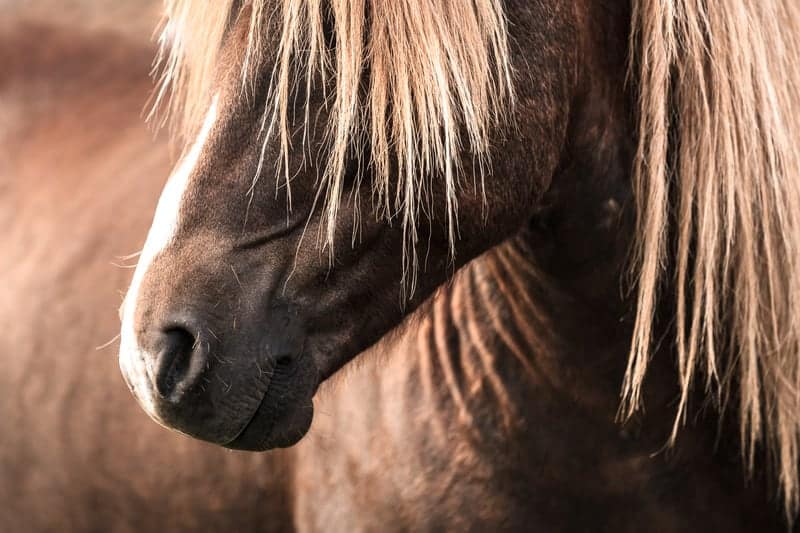
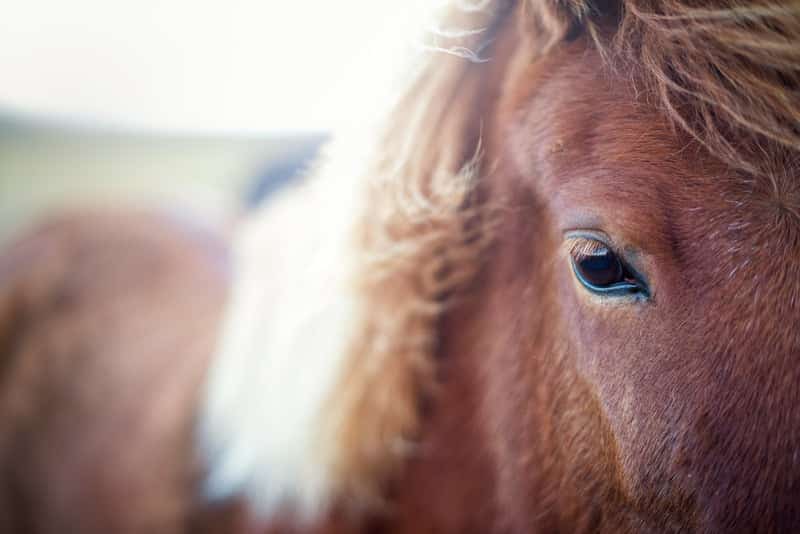
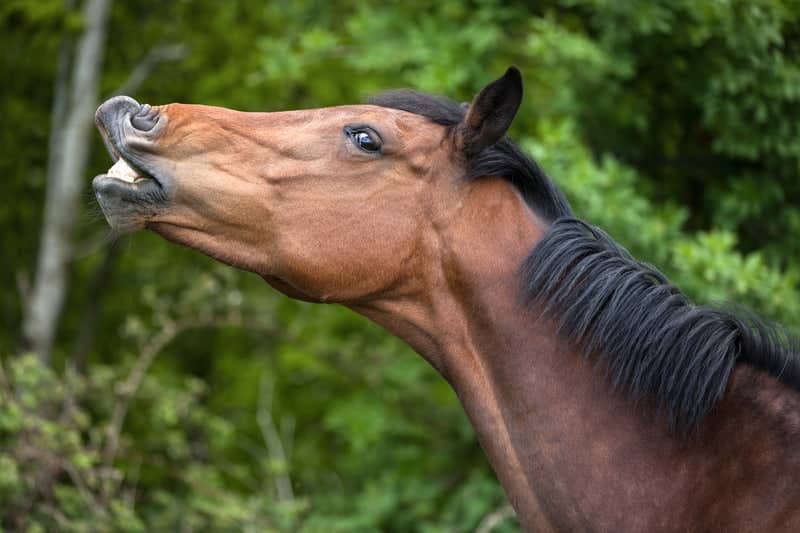
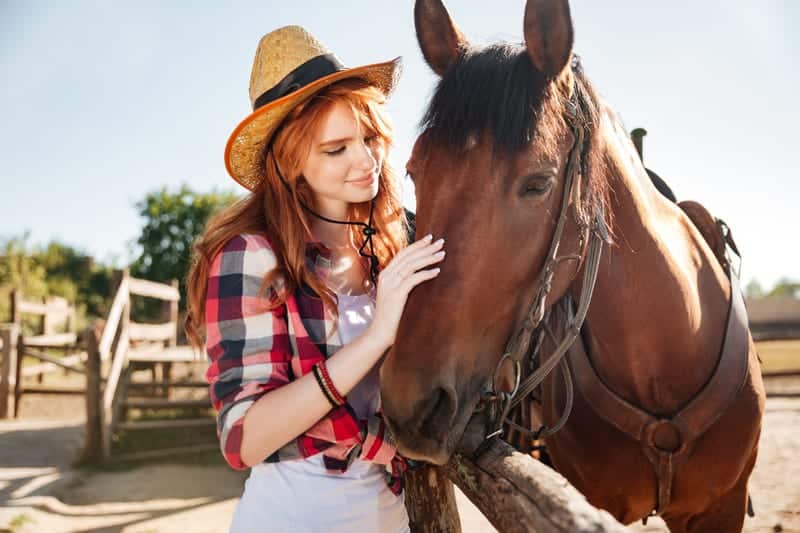
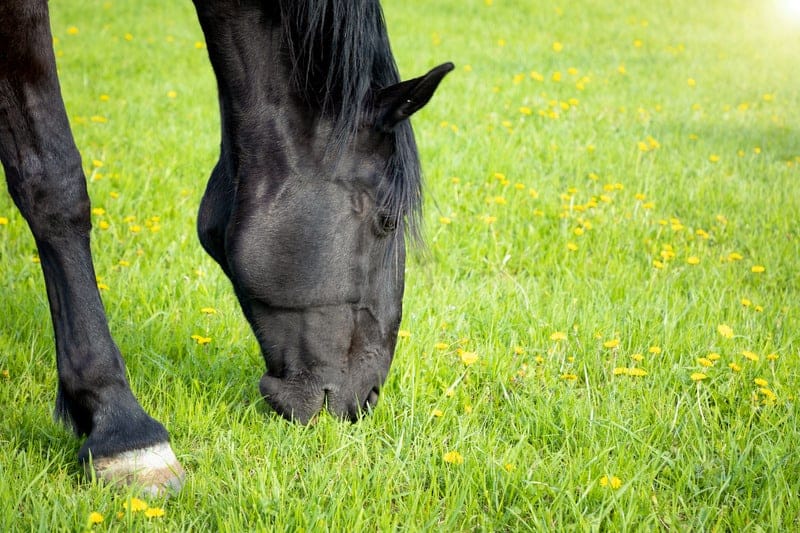
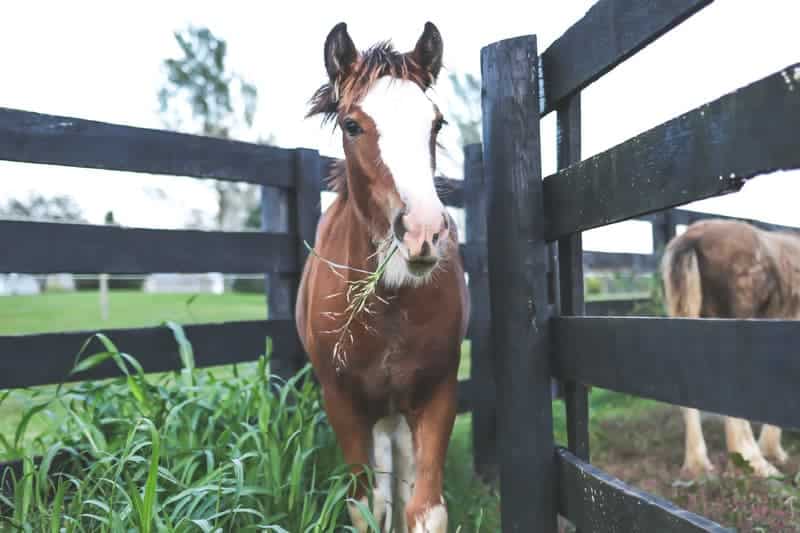

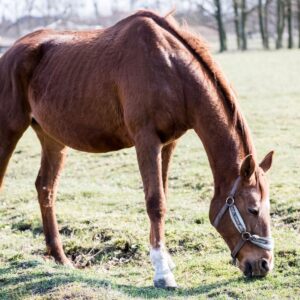
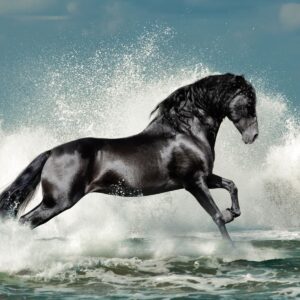
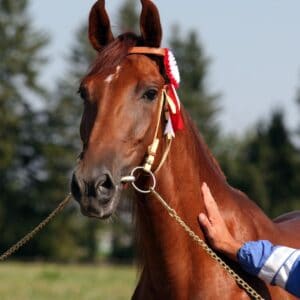
Leave a Reply